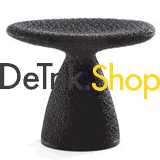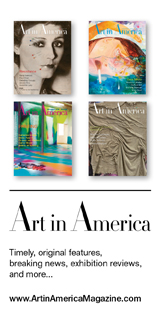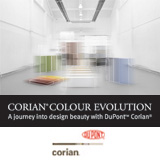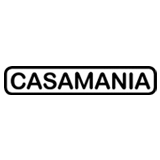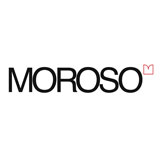Naoto Fukasawa: Common Sense
continued
Naoto has a pen in his hand all the time. He draws things for a better explanation, seasoning it with a bunch of arrows in different directions that emphasize his assertions:
"Future tends to have these two trends: Electronics tend to be integrated into the walls; TVs are increasingly thin, for example, which is a symptom that everything will be integrated into the walls and that architecture itself is becoming the product. The wall will become intelligent. On the other hand, in the opposite direction, other things are increasingly integrated into the human body: The hi-fi system has become the little iPod, and the same happens with the phone itself, we carry them close to our bodies. What about the chair and the table? What direction are they due? They have no choice but to stay as they are, but fewer will be the things which form our space as we know it."
Are we to call this Minimalism?
"Minimal is the perfect word. But it does not refer to a form, but to objects that fit perfectly, as in the Japanese tea ceremony. In this ritual, the cup is not a minimal object: The fact of finding the perfect cup for that day’s climate, the right colour of the leaves of the trees to be reflected in the tea, etc., the perfect situation for the perfect setting, that is what is minimal. You can not extract the cup out of this context and say it is minimal, it would be meaningless.”
Naoto Fukasawa believes that decoration also falls within the role of function. And this is an aspect of which he is not afraid. In fact, he seems quite amused about it:
"Humans have two minds, two ways of doing things, and neither is wrong, they can both coexist. People are confused and insist on trying to decide whether one or the other is correct, but there is not just one reality and I always try to show both facets because you can not believe only in one side, we must believe in both, both are superb. So I came up with the name Plus Minus Zero for the company for which I design home appliances, because you should always be in the middle, always able to see the opposite side.”
Apart from being a director of Muji, the Japanese trade mark which means "no-logo", Fukasawa is responsible for the entire line of appliances for Plus Minus Zero, created by Takara toy makers.
What is the difference with these two lines? Naoto pulls out another sheet of paper and draws tirelessly:
"Imagine a room. Muji would be the walls. In the room there is a flower, the reason you perceive the beauty of the flower is because the room is very simple. So Muji has always been responsible for supporting the fact that your flower is very beautiful. My humidifier for Plus Minus Zero, for example, would be the flower. Without the flower, the walls would be very boring, but at the same time, Muji gives the necessary neutral background to highlight your flower."
I like the explanation, but I’m not sure I agree that Plus Minus Zero’ s simple products are exactly decorative ...:
I like the explanation, but I’m not sure I agree that Plus Minus Zero’ s simple products are exactly decorative ...:
"Of course I can design highly decorative furniture if I so pleased."
He looks at me holding his laughter before my amazement, and continues:
"With a minimal mentality!."
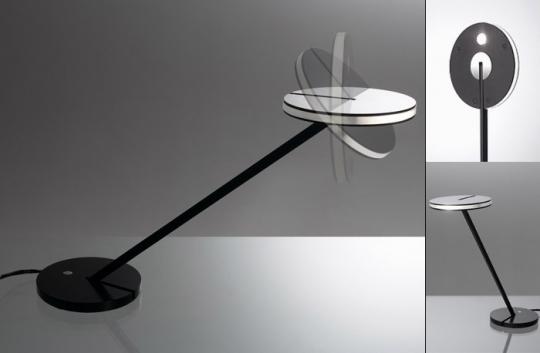
Adjustable L.E.D Lamp for Artemide
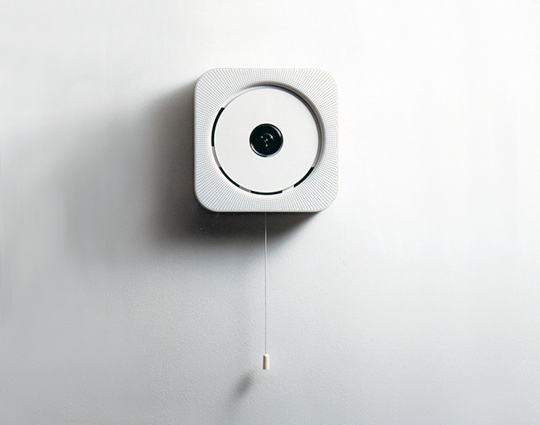
Naoto Fukasawa wall mounted CD player for MUJI










